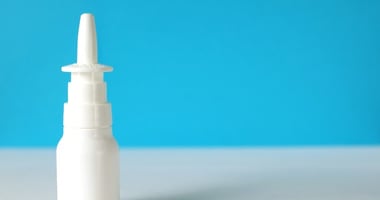Reduction in Irritability Found to Predict Response to Depression Treatment
 |
Despite the wide prevalence of irritability in patients with depression, “measurement-based care protocols and treatment guidelines for major depressive disorder do not systematically assess or incorporate irritability in clinical decision making," wrote Manish Jha, M.B.B.S., of the University of Texas Southwestern Medical Center and colleagues. “These findings support [the] inclusion of assessments of irritability in measurement-based-care approaches for the treatment of patients with major depression.”
Jha and colleagues used patient data from the Combining Medications to Enhance Depression Outcomes (CO-MED) trial to calculate how changes in irritability in the first four weeks of antidepressant treatment affect outcomes after eight weeks. According to the authors, four weeks was chosen as the timeframe to measure change from baseline in irritability and depressive symptom severity because this is considered the first critical decision point for assessing treatment response. Irritability was measured with the five-item irritability section of the Concise Associated Symptom Tracking (CAST-IRR) scale.
The authors found that the patients who had experienced about a 25% reduction in irritability scores in the first four weeks had a 73% increased likelihood of remission (defined as a score 5 or less on the clinician-rated Quick Inventory of Depressive Symptomatology, or QIDS-C scale) and a 72% decreased likelihood of showing no meaningful benefit (defined as a 30% or lower drop in QIDS-C score in response to treatment) at week 8. These effects were independent of changes in other depressive symptoms or overall severity of the depression. The results were validated in patients from a second depression study.
Jha and colleagues have created an easy-to-use interactive calculator to determine the probabilities of treatment response in their patients at eight weeks based on QIDS-C and CAST-IRR scores at baseline and after four weeks of antidepressant therapy.
To read more about early predictors of depression outcomes, see the Psychiatric News article “Productivity, Exercise May Predict Antidepressant Response.”
(image: iStock/sturti)






